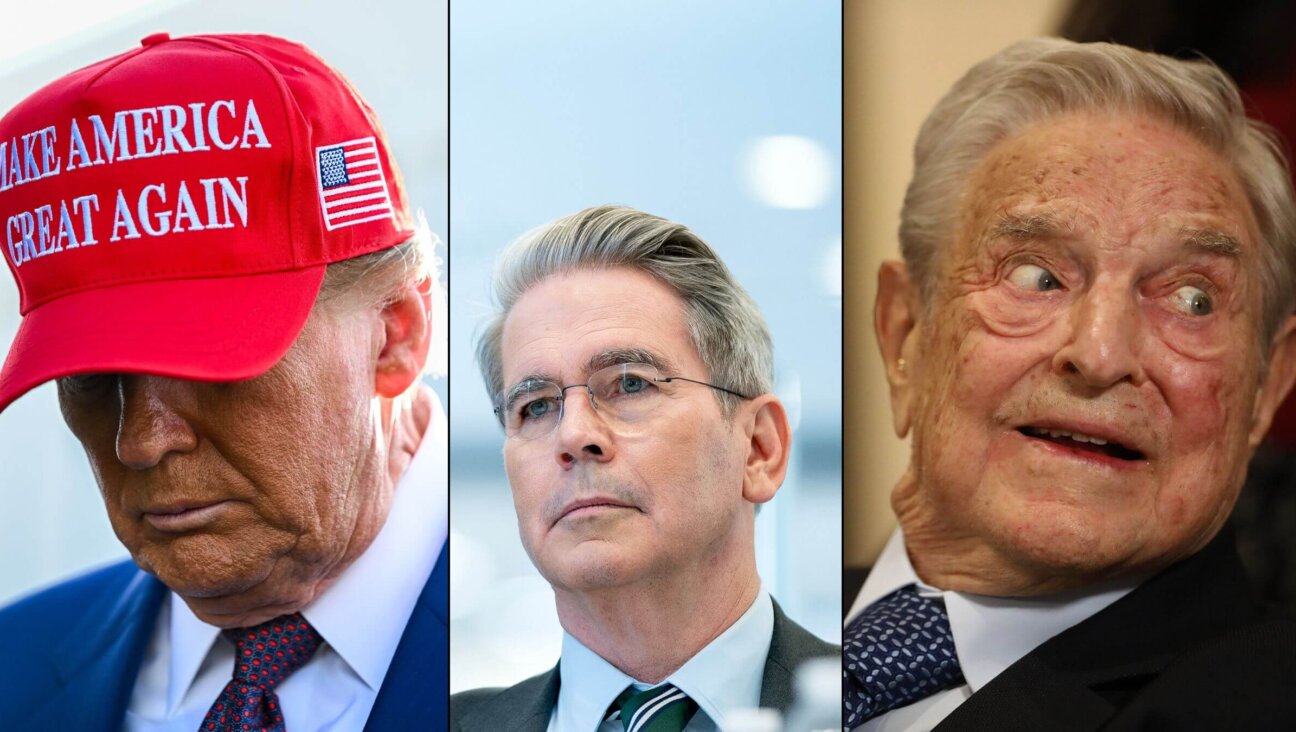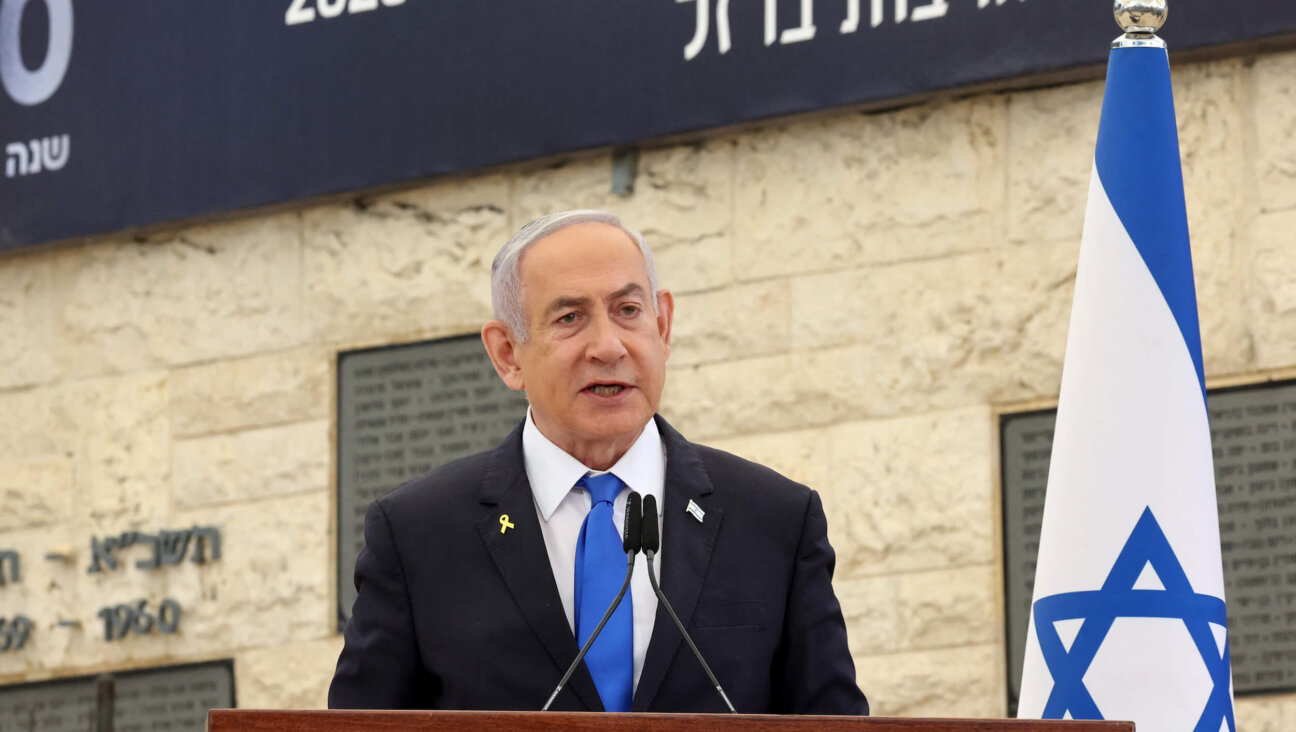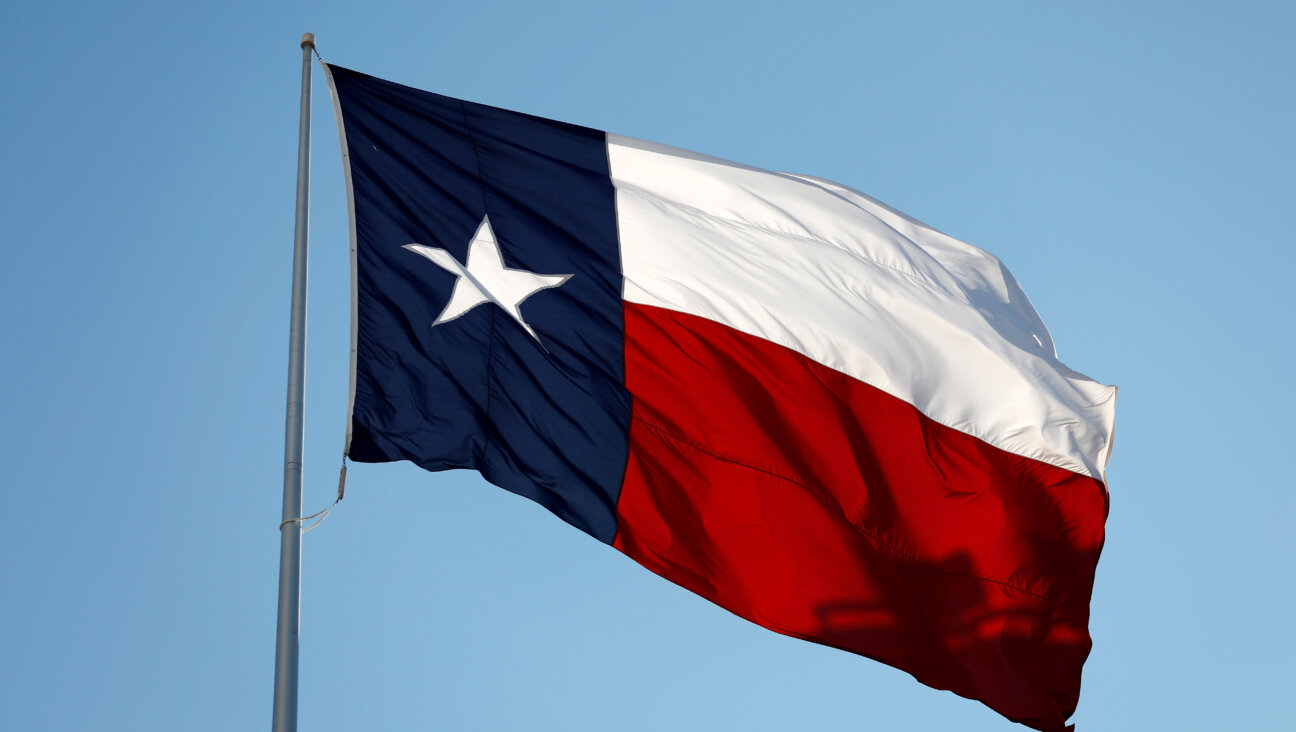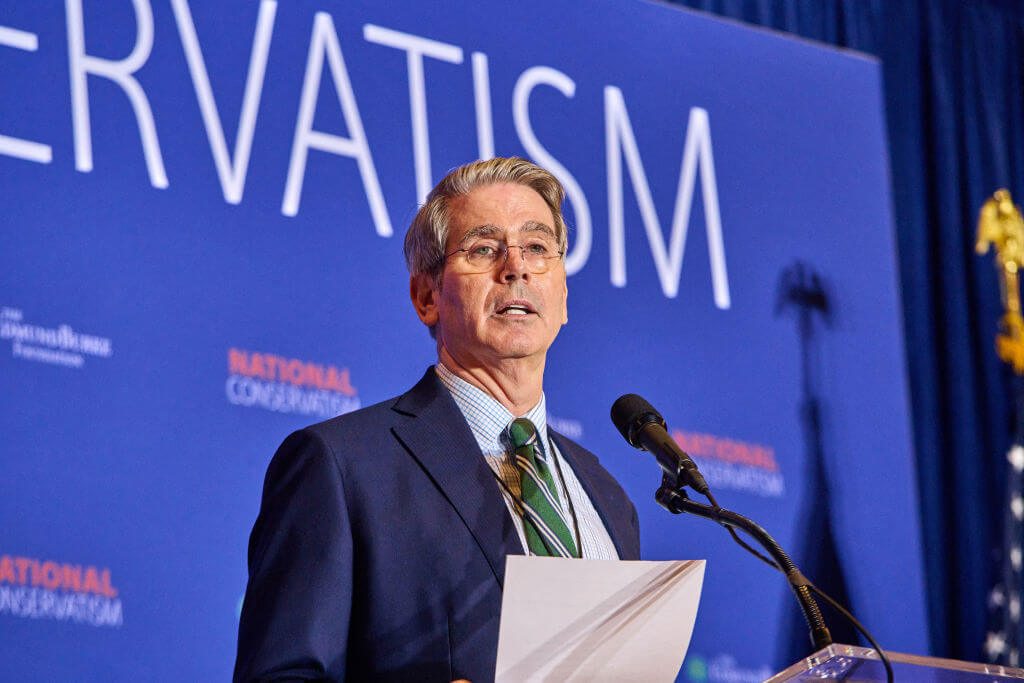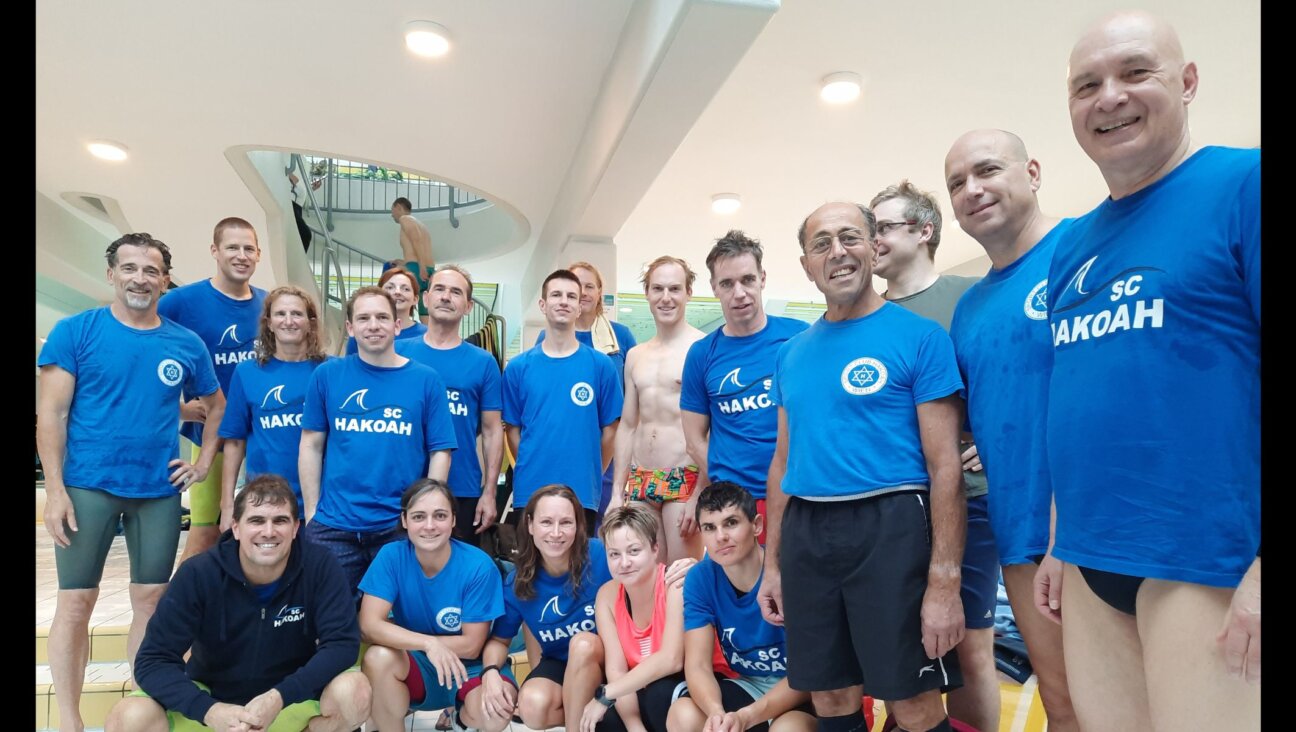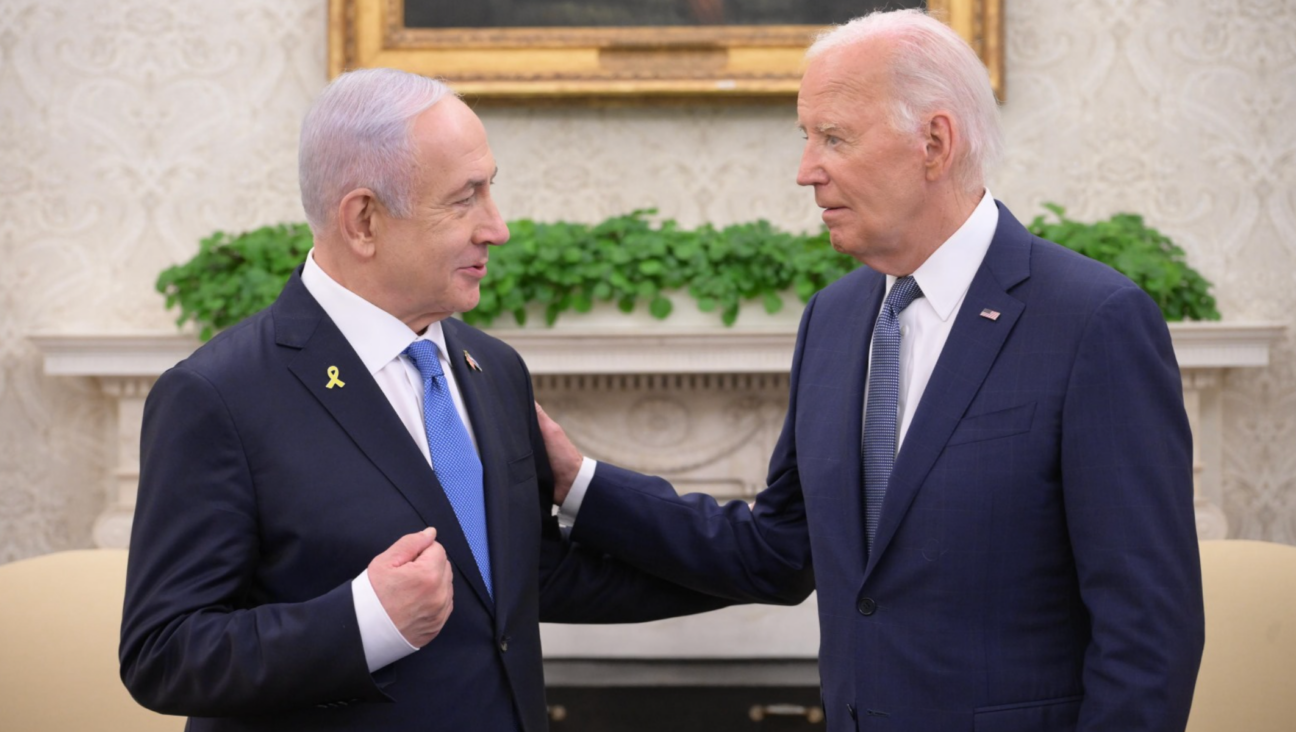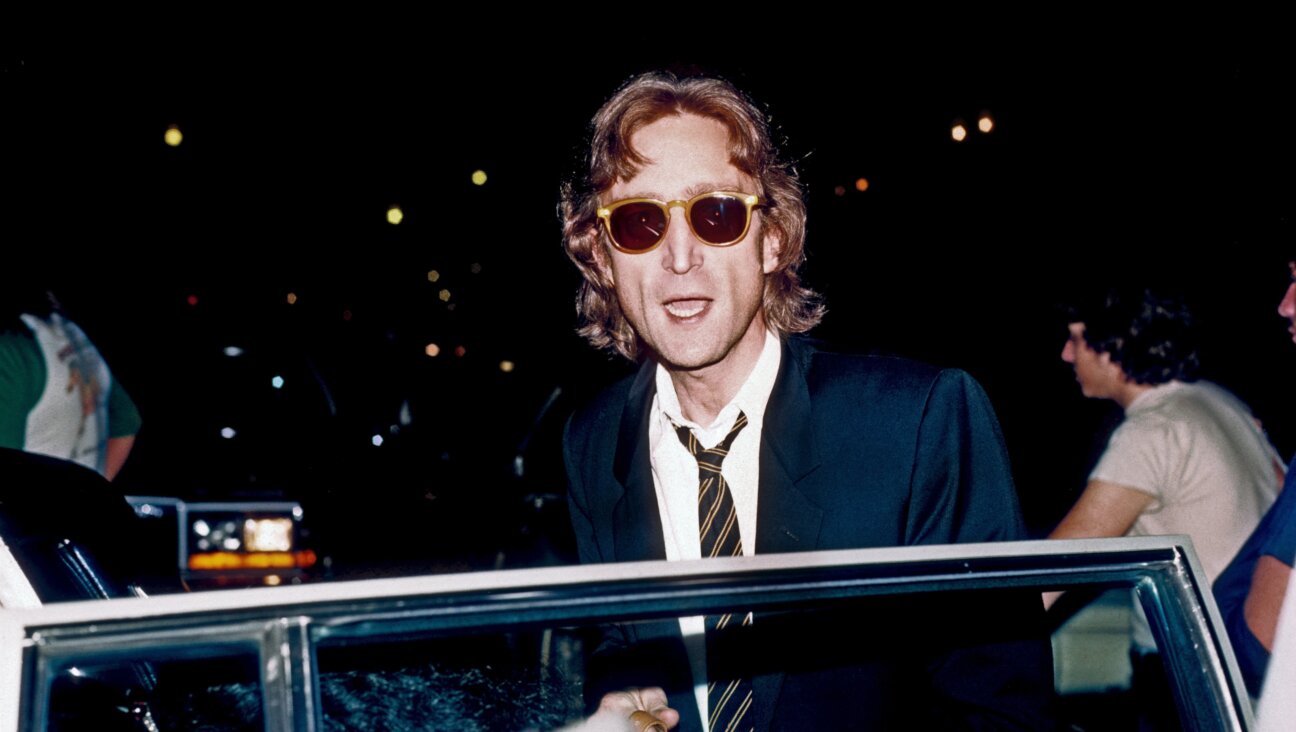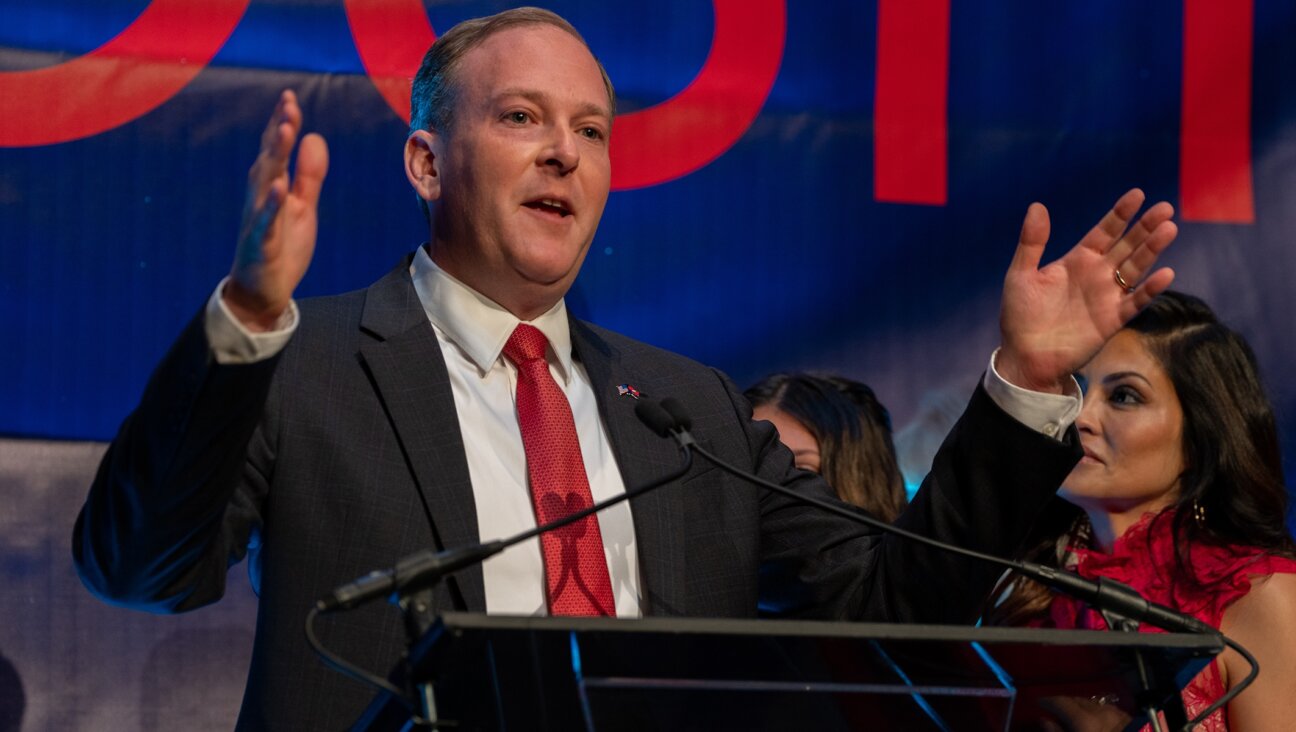A New Low in Turtle Bay
The threadbare honor of the United Nations has reached a new low with the misbehavior of the General Assembly president, Miguel D’Escoto Brockman of Nicaragua. Ignoring the diplomatic etiquette expected in his post, D’Escoto, a priest and former Sandinista official, repeatedly describes Israeli policies as a “version” of apartheid. He recently urged the U.N. to use that ugly word in its routine work. Even worse, in a November 24 assembly speech, he urged that the world body “consider” adopting tactics of “boycott, divestment and sanctions to pressure Israel to end its violations.”
Israel’s treatment at the U.N. had undergone some moderate improvement in recent years, thanks to American pressure and lobbying by former secretary-general Kofi Annan. The annual count of anti-Israel General Assembly resolutions had dropped noticeably. The Security Council hadn’t voted to bash Israel in several years. In 2006 the assembly even dissolved the notoriously bigoted Human Rights Commission and replaced it with a supposedly improved Human Rights Council. But the council has proved no better than its predecessor.
Indeed, this past March the rights council took the outrageous step of naming as its observer in the Palestinian territories the notoriously hostile Richard Falk. A retired Princeton University professor, he has accused Israel of genocide and compared it to Nazi Germany.
Israel did itself no favors in mid-December when it barred Falk from entering the territories on an inspection mission. He was frisked at the airport, then put in a dank holding pen for 15 hours before being expelled. Israel has complained for years of its mistreatment at the U.N. Manhandling a diplomat, whatever his record, hardly strengthens Israel’s case. Still, the frustration in Jerusalem is understandable.
Ironically, the Security Council was meeting the very day Falk was sent packing to adopt its first Israeli-Palestinian policy resolution in five years. The 14-0 vote (with Libya abstaining) was a victory for Israel, endorsing the bilateral negotiations launched at Annapolis. But one statement won’t change the lynch mob atmosphere.
If there’s any hope for change, it must start with the Arab League, the driving force behind the venom. Arab leaders want it known that they opted for the high road with their 2002 peace plan. If they’re serious about changing gears, they can start proving it at the U.N.
A message from our CEO & publisher Rachel Fishman Feddersen

I hope you appreciated this article. Before you go, I’d like to ask you to please support the Forward’s award-winning, nonprofit journalism during this critical time.
We’ve set a goal to raise $260,000 by December 31. That’s an ambitious goal, but one that will give us the resources we need to invest in the high quality news, opinion, analysis and cultural coverage that isn’t available anywhere else.
If you feel inspired to make an impact, now is the time to give something back. Join us as a member at your most generous level.
— Rachel Fishman Feddersen, Publisher and CEO








